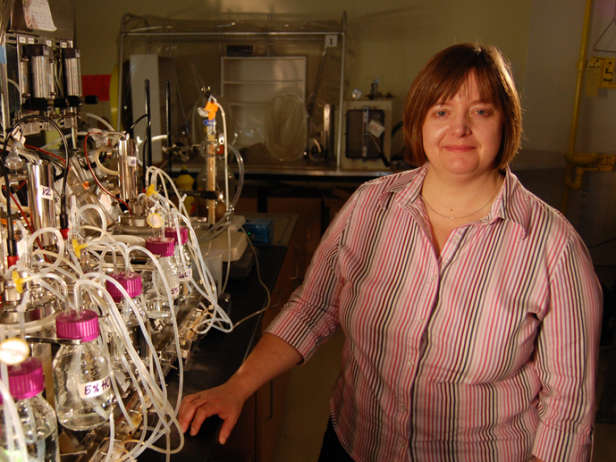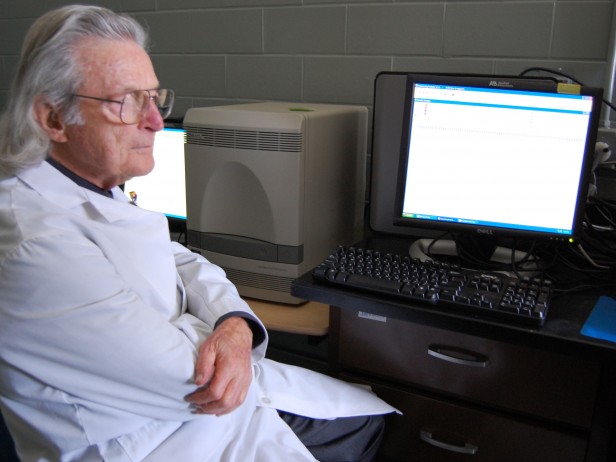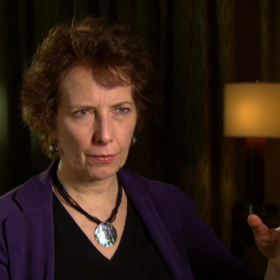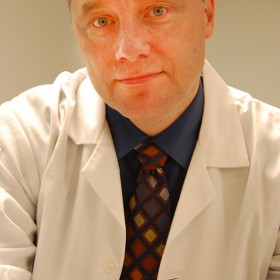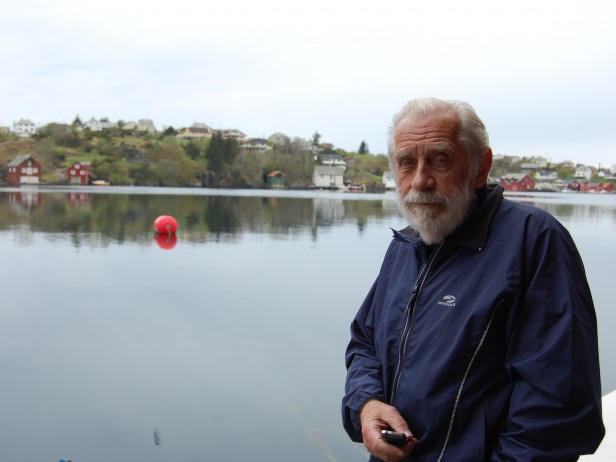Dr. Emma Allen-Vercoe
” We’re directly involved in looking at the GI part of the microbiota. And one of the things that we’re asking is, what are the microbes that live there? And that’s really not been touched on very much in the past because a lot of the microbes are very difficult to culture. We know very little of them. So, it’s estimated that around 80% of the microbes that live in our guts are only known from their DNA signatures what we can sequence from them. We’ve never been able to grow them in the lab. That’s one of the focuses of my lab, is to try to culture these unculturable organisms. ”
READ MORE
Dr. Sydney Finegold
“We think that bacteria are very important in autism, as I mentioned, and knowing what bacteria do in other circumstances, it’s easy to visualize spread of these bacteria to siblings of autistic children. And we do see now more multiple cases in families than we did before and an increased frequency of autism, probably because of spread of these organisms by way of the environment and even direct transfer from one person to another. The very encouraging thing about all of this is that we know a lot about bacteria and if we know for sure which bacteria are involved in autism, we have ways of combating them.”
READ MORE
Dr. Richard Frye
“My approach is to define what we would call endophenotypes. That is, different causes of underlying medical conditions that are related to autism and see how we can treat those to make the child’s life better.”
READ MORE
Dr. Martha Herbert
” Autism was thought for quite a while to be a brain disorder. First, it was thought to be a psychological disorder, and for some years it was thought to be caused by poor parenting, particularly the mother. Then, they found brain abnormalities in brain tissue and then people started looking at the genetic part and thinking the genes were causing the brain problem. But now, it’s apparent that many, many people with autism have whole-body problems, problems that are far beyond just the brain, particularly the gastrointestinal and the immune systems. And so, I think that it’s coming to be appreciated that we’re looking at a whole-body condition. ”
READ MORE
Dr. Derrick Macfabe
“And then I was really alarmed, you know, through my training when I saw what I thought was a rare thing. It was originally one in 10,000 when it was first reported in the 50s, then going like to 1 in 160, 1 in 140, now maybe 1 in 90, in some studies showing as much as 1 in 40, a recent study in Korea. So, you know, you see something happening out there that was originally rare, and now, you know, you can barely talk to people who don’t know someone who has this disorder or have it in their family.”
READ MORE
Dr. Tore Midtvedt
“In your GI tract, in your stomach, you have microbes there, and in the small intestine you have an increasing number of microbes all the way down in your small intestine. And in your colon, you have the highest number. So altogether, you have at least 2,000 different species.”
READ MORE
Prof. Jeremy Nicholson
“So, it’s a systemic disease, but the most obvious effect is the social and behavioural, and so it tends to be associated with that. But it doesn’t mean to say that the other parts of the system aren’t deeply involved in the mechanism of action, and I think what we have to do now using our modern technology is to take a step back, look at the whole problem as a systemic problem, and see how all the abnormal interactions that are occurring in the different organ systems in the body might impact on brain development and to give us the symptoms of autism, which are becoming all too familiar.”
READ MORE
